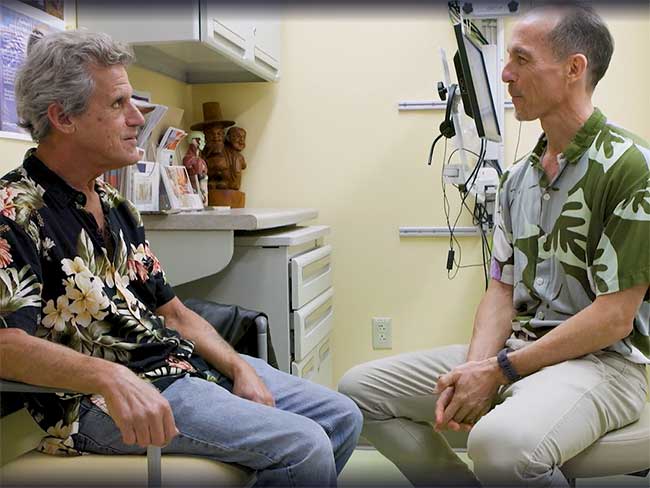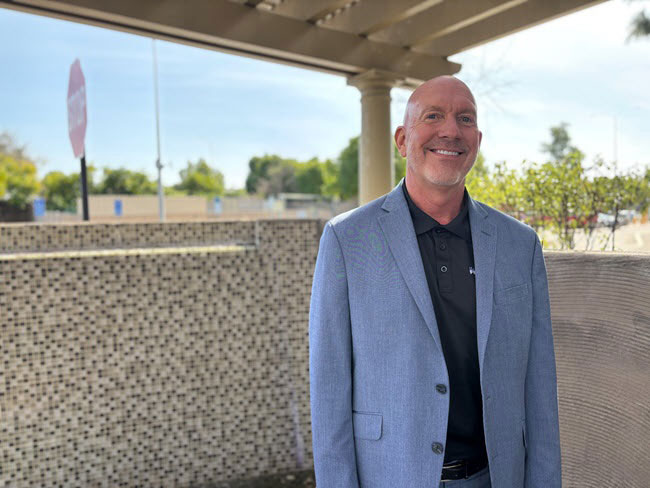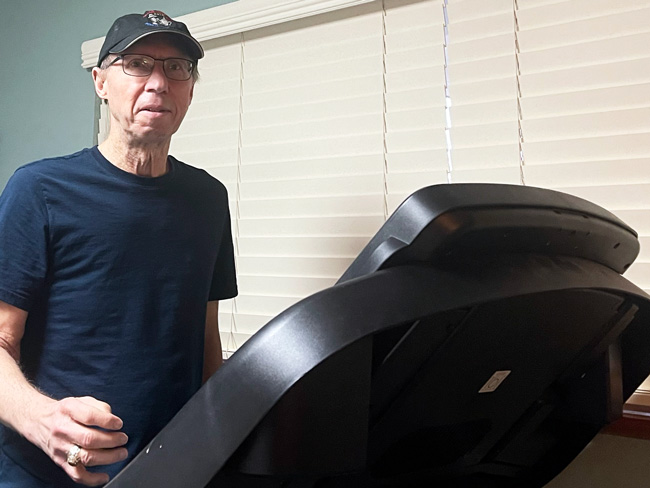Our care
Through our unique model, nation-leading prevention, and cutting-edge treatment, we care for our members like no other health care organization.
The Kaiser Permanente difference
Connected teams of experts collaborate seamlessly across departments and specialties for faster diagnosis, treatment, and recovery. Explore 4 key areas of care.
Is telehealth right for you?
Members give video visits high marks — and with a few simple tips, you can prepare for a successful telehealth experience.
More of our care story
Kaiser Permanente Home











